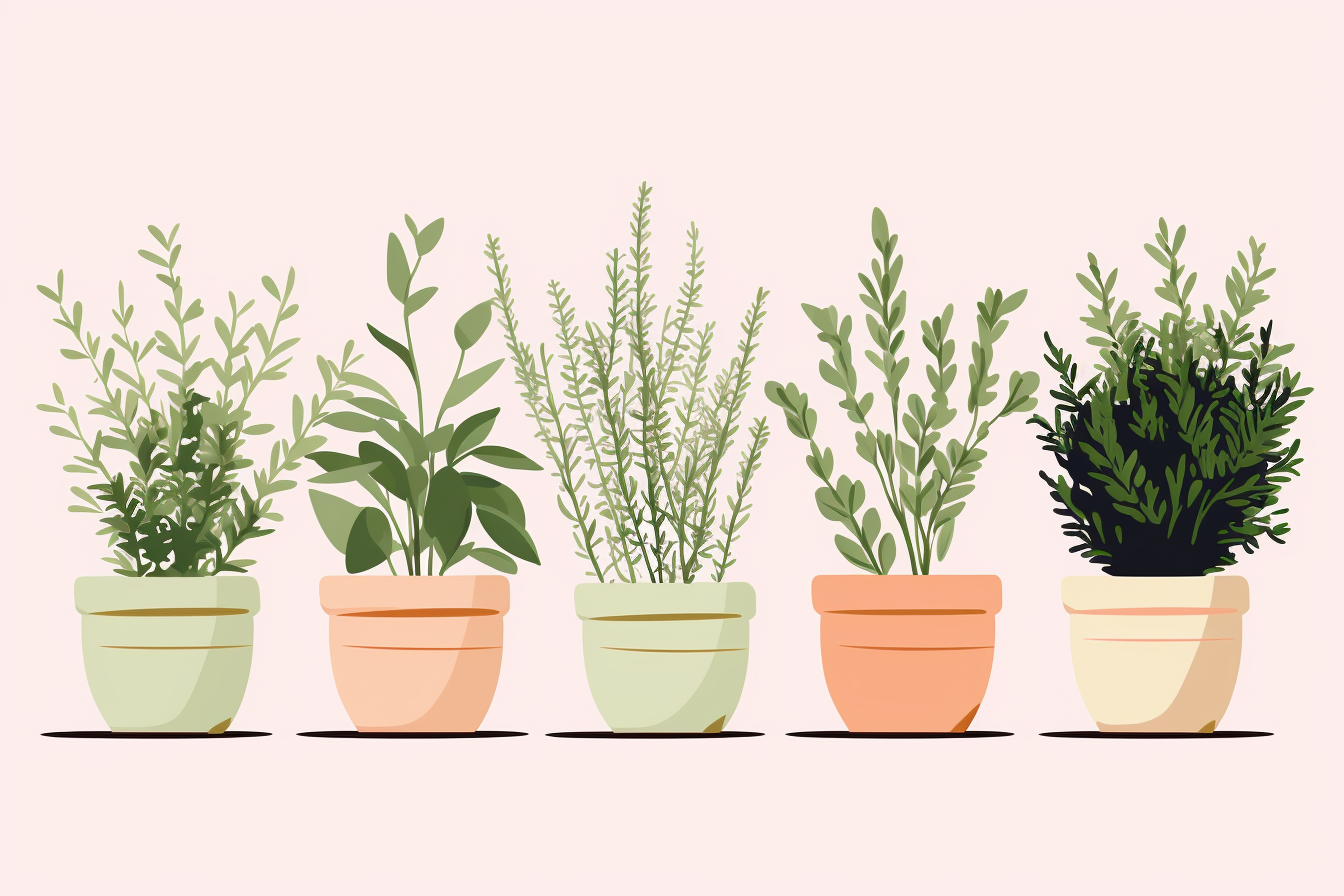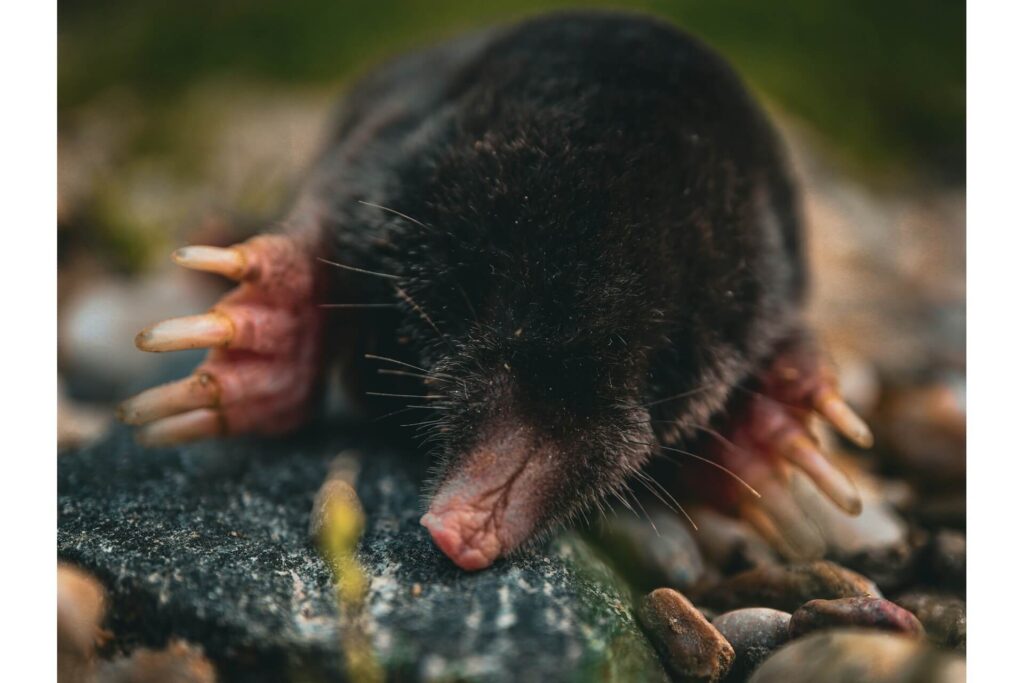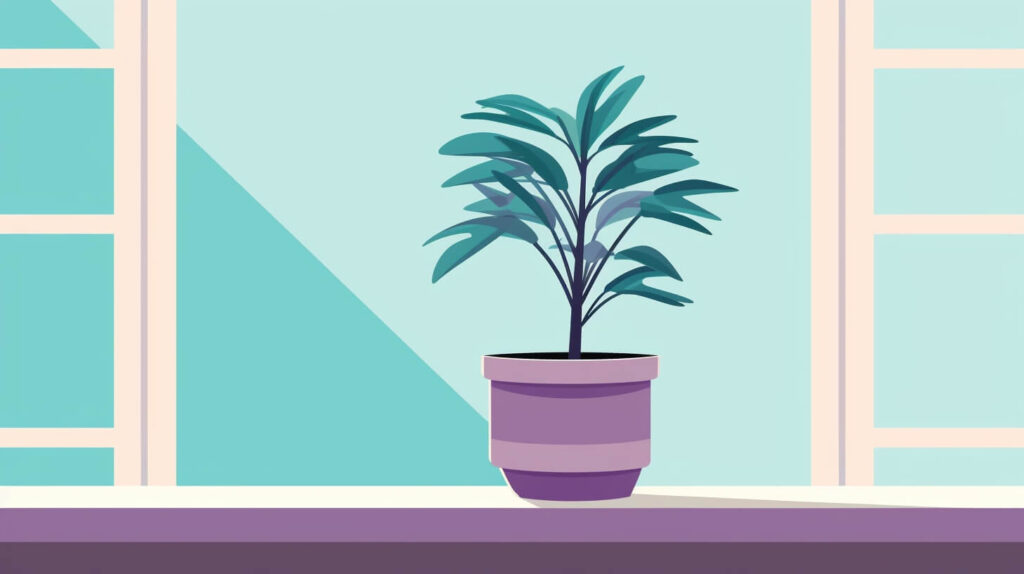Drive Pests Out Naturally With These 10 Indoor Herbs (Updated for 2024)

We are reader-supported. When you buy through links on our site, we may earn an affiliate commission.
Few things strike fear into a homeowner’s heart more than seeing an army of ants marching merrily across the kitchen countertop or a huge wolf spider skittering up the wall. There’s good news, though: You don’t have to invest in harsh poisons and chemicals to get rid of your problem. A variety of indoor herbs will drive and keep pests out of your home naturally.
1. Basil
If you have a hard time with mosquitoes and flies entering your home and eating you up, or buzzing around your head while you try to sleep, plant basil in pots in your entryways. Flies and mosquitoes dislike basil. As a bonus, this herb tastes delicious in Italian dishes and serves as a pretty garnish for meals. You can also steep the leaves in boiling water and make a spray out of the basil and vodka to repel mosquitoes when you go outdoors.
2. Peppermint
About 3%-15% of the population has arachnophobia, but most people at least dislike spiders in the home. They surprise you when you’re least expecting it and spin webs in high corners that are difficult to clean. Peppermint is a real turnoff for spiders, but mice dislike it, as well. You can plant it indoors, or bring some sprigs from an outdoor plant and place them around the house to repel spiders and mice. Place leaves inside a sock or a bit of fabric and tuck into various areas around your home.
3. Lavender
Moths, fleas and mosquitoes do not care for lavender. You can easily grow lavender indoors, too, and as an added benefit, the scent has a calming, soothing effect for humans. You’ll need a location with plenty of direct sunlight, such as a south-facing windowsill.
Lavender appreciates fresh air, so open the window from time to time. Take a few sprigs off as your plant grows, dry them out and place them in closets to dissuade moths from making a meal out of your favorite clothes.
4. Lemongrass
Lemongrass is a larger plant, but you can easily grow it next to a sunny window in a pot. You can also grow it outdoors and bring dried leaves inside. If you’ve ever used citronella to keep mosquitoes away, you’ll find that oil in this plant. Lemongrass is a popular plant-based repellent that keeps your home free from mosquitoes and bugs. It’s loaded with citronella oil, extracted from its leaves and stems. You can also use lemongrass in cooking, especially in soups or salad dressings.
5. Catnip
Catnip may not be something you’d immediately think of for repelling insects, but the active chemical in this plant is nepetalactone, which roaches hate. If you live close to other people, or you have any type of roach infestation, adding this plant allows you to better battle the problem. You can easily grow catnip indoors.
As a bonus, if you have a cat, they will love this potted plant as much as roaches hate it.
6. Eucalyptus
Eucalyptus has various uses and deserves a spot in your indoor green collection. The herb contains aromatic components, making your home smell fresh. The oil extract from this plant is recognized as a natural insect repellent and insecticide, stopping bugs from storming into your kitchen and living room.
Eucalyptus extract is also an effective larvicide, killing mosquito larvae and pupae before they mature and cause more problems. That’s not all — its compounds have oviposition deterrent effects, preventing insects from laying eggs, multiplying and invading your property. If you want to sip something refreshing, boil the fresh leaves and enjoy a hot cup of a healthy drink.
7. Cloves
Also known scientifically as syzygium aromaticum, cloves are studied with eucalyptus for their natural repellant quality. When combined with eucalyptus oil, they provide optimum protection against mosquito bites carrying malaria.
Cloves have a unique aroma consisting of 70%-90% eugenol. This colorless compound is used in dentistry for its analgesic effect and is also a major ingredient in perfumes. If you don’t mind the strong smell, make pots of cloves part of your interior design. When combined with cinnamic alcohol and other natural substances, cloves can be an organic insecticide to get rid of cockroaches.
8. Tagetes
Otherwise known as marigold, it’s a colorful, stunning flowering plant that you can use to decorate your living room or kitchen. While it’s mostly used as an ornament, it’s one of the species of annual indoor herbs of the aster family with impressive benefits.
Bottled as an essential oil, it can be used as a medicine to treat constipation and enhance the food’s flavor. Marigold’s strong, odorous foliage might help drive away bugs and pests. However, it’s more effective as a pest repellent in oil form.
A 20% oil solution can provide protection from mosquitoes for up to eight hours. If you want a chemical-free way to ward off pesky bugs at home, try growing marigolds inside your home.
9. Rosemary
This evergreen shrub is both ornamental and functional. Its vibrant green leaves upgrade the kitchen’s visual aesthetic, where pots are often placed. Plus, they elevate the taste of your steak and other meat dishes. Apart from these benefits, rosemary extracts can protect you against mosquito bites for eight hours. Its effectiveness in deflecting insects depends on how concentrated the oil is. It has limited repellent power as a plant, but it still makes for a stunning indoor embellishment.
10. Thyme
Like rosemary, thyme is one of the aromatic indoor herbs from the Mediterranean flora revered for its healthful compound profile with various uses. Its oil has antiseptic, antimicrobial and antioxidant properties —it’s more than just a garnishing herb. It’s carminative, meaning it can help alleviate gas problems or abdominal pain. As a repellent, scientists discovered it can shield against mosquitoes for 7.5 hours. That said, complete your indoor plant-based bug controls with pots of thyme.
Repel Pests With Indoor Herbs
In addition to these herbs, try adding houseplants that deter pests, such as marigolds, chrysanthemums and jade plants. You can use many of these plants to make dried bundles of herbs and flowers or cook them into natural sprays to keep pests away. You’ll avoid harsh chemicals that pollute the environment and get rid of your bug problem at the same time.
Original Publish Date: June 1, 2018 — Updated October 1, 2024







